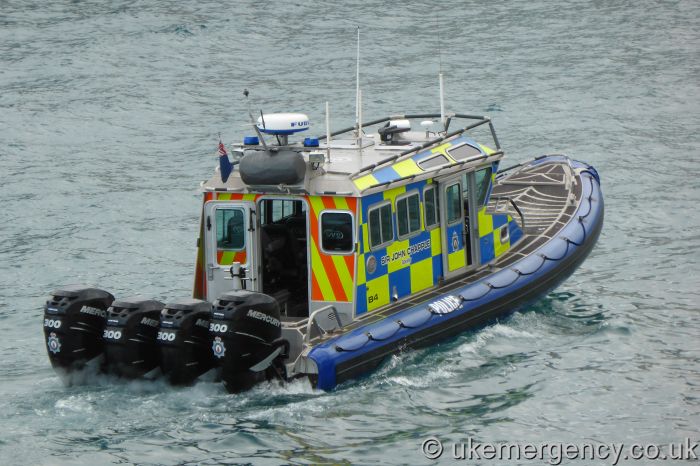
Boats Carrying Migrants Intercepted While Crossing the Channel
Nine boats carrying a total of 572 migrants attempting to cross the English Channel were intercepted by UK authorities. These interceptions come on the heels of Labour leader Keir Starmer’s announcement of new measures to combat what he calls the “national security threat” posed by people smugglers, allocating an additional £75 million for a specialized team of detectives.
So far this year, the total number of people crossing the Channel in small boats has reached 32,691—up 22% compared to the same time last year (26,699), although lower than the 39,929 recorded by November 2022. The Channel continues to be a perilous route, as four bodies were discovered off the coast of Calais this week, bringing the death toll this year to 60—five times higher than last year. In addition, Kent police reported the recovery of a man’s body near Dover.
In response to the rising risks, Prime Minister Rishi Sunak, speaking at the Interpol General Assembly in Glasgow, announced a doubling of funding to £150 million for the Border Security Command, a government agency launched this year to reinforce border control. The UK is also enhancing its cooperation with Serbia, North Macedonia, and Kosovo to strengthen intelligence sharing and expertise in combating organized smuggling groups.
Meanwhile, Enver Solomon, chief executive of the Refugee Council, a UK charity, voiced skepticism about the effectiveness of the government’s aggressive stance. Solomon argued that the slogan “Smash the Gangs” won’t solve the issue, calling instead for an orderly and fair asylum system to aid refugee integration. Writing for The Guardian, Solomon stressed the need to hold smugglers accountable while treating refugees, who flee wars and tyranny, with humanity. He noted that tougher enforcement only results in more overcrowded boats and riskier routes.
